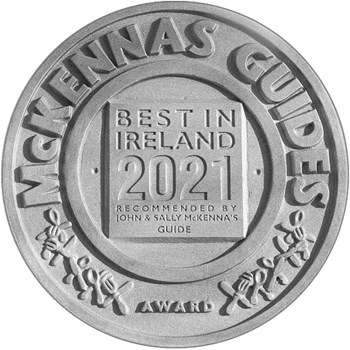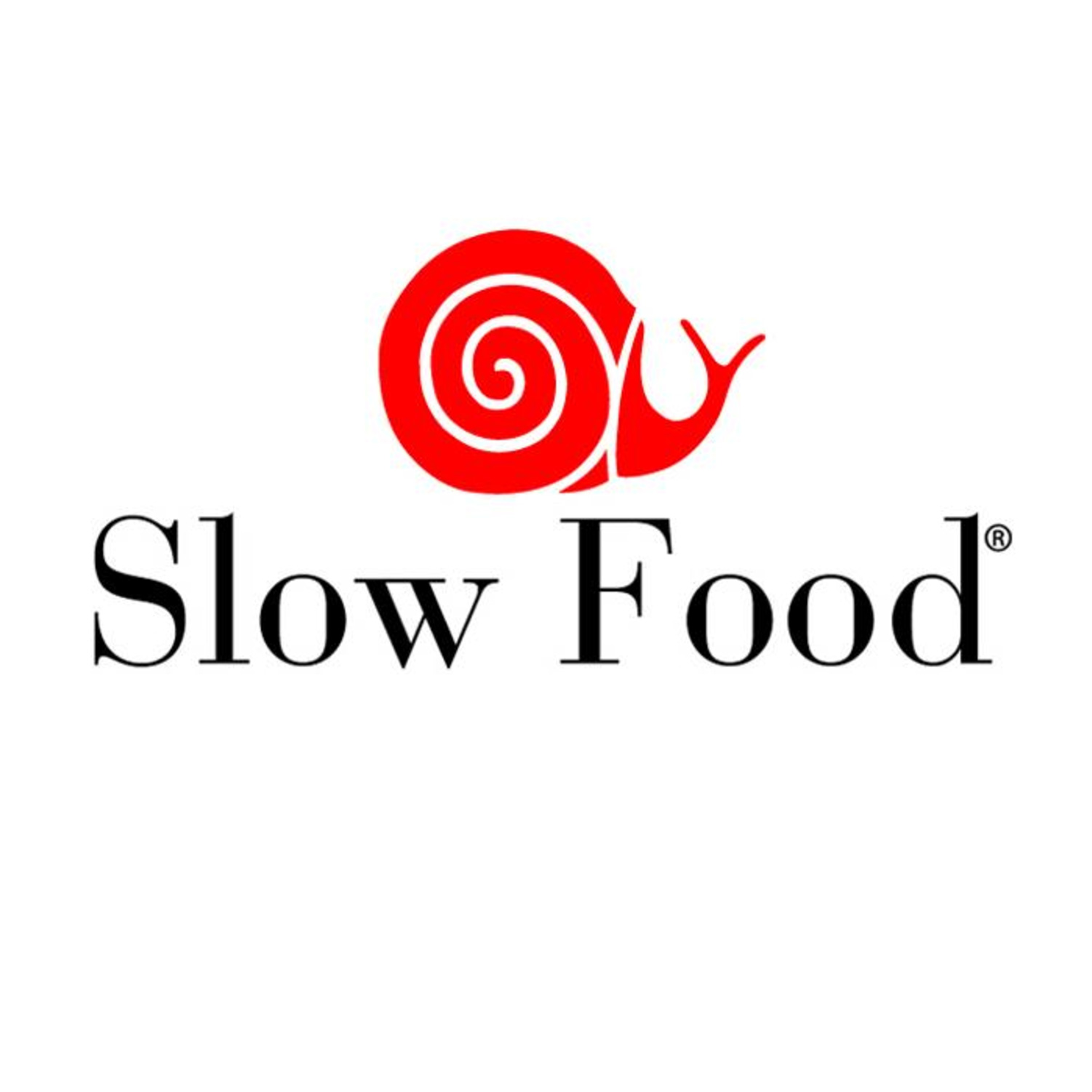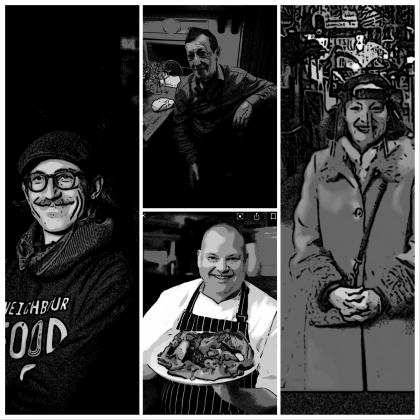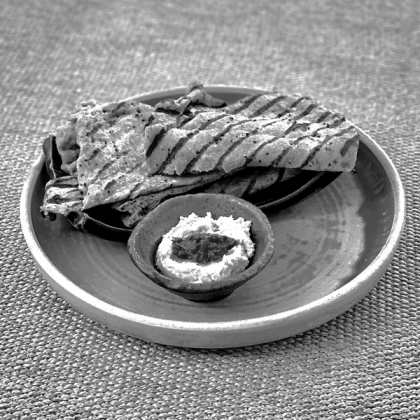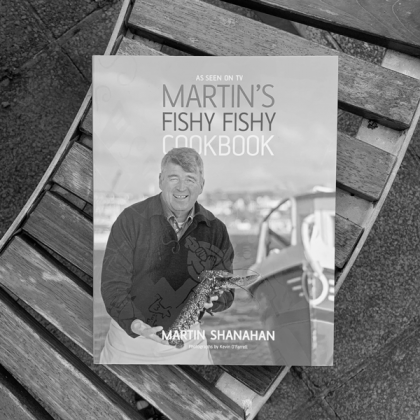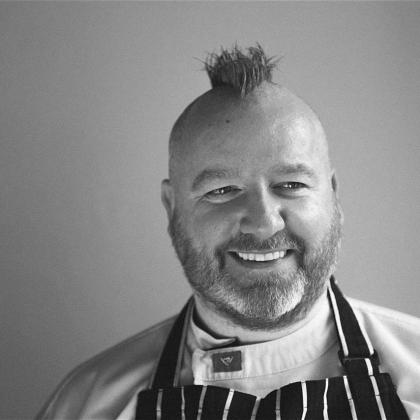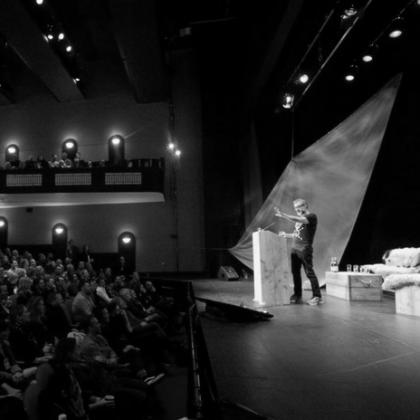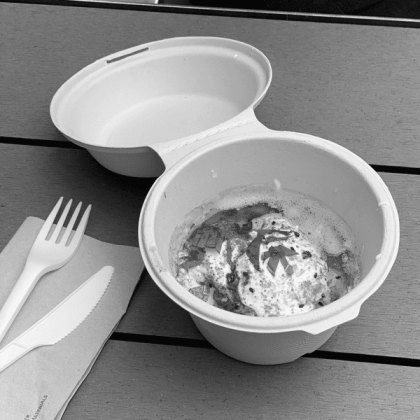Congratulations to the winners of the 2015 Irish Responsible Tourism Awards, which were announced this week in Dublin.
There were eight category winners, with Food Initiative awards going to Archways B&B in Co Wexford (Gold) and Burren Smokehouse and Orchard Acre Farm (Silver).
Overall winner of the awards was Atlantic Sea Kayaking, run by Jim and Maria Kennedy in West Cork.
It was good to see a Wild Atlantic Way marine tourism operation winning this important award, and as well as the list of winners below, we publish here a recent statement from Slow Food in respect of fish farming in Ireland.
The Slow Food statement and the Responsible Tourism Awards are related in the sense that, firstly, fish farming create a form of visual pollution which impacts on the success and the aesthetic of coastal tourism. Nobody wants to look at a bay and sea fish pens.
But, secondly, there is a simple message to sustainable coastal tourism that you Leave No Trace. Fish farms are a defining example of man leaving traces everywhere, in the forms of pollution, waste of resources and destruction of the marine environment.
The message they send out is simple: we can do what the hell we like and we can leave whatever footprint we like, and future generations can clean our mess up after we are gone.
Coastal tourism as a sustainable business is dependent on demonstrating sustainable attitudes towards the complete marine environment.
As the Slow Food statement makes clear, open pen fish farming is not sustainable. Responsible tourism, by contrast, is a sustainable enterprise that can bring work and wealth to our coastal communities, whilst maintaining the aesthetic of the coastline, and leaving no trace.
Slow Food International Reiterates Negative Standpoint on Intensive Fish Farms
In the wake of Irish Minister for Agriculture, Food & the Marine, Simon Coveney’s upcoming decision on whether or not to grant the state agency for fishing and aquaculture in Ireland, Bord Iascaigh Mhara, licenses for fish farms in Galway Bay, Slow Food International has reaffirmed its position on intensive fish farms. Slow Food does not consider open net pen fish farms an environmentally sound practice, Piero Sardo, President of the Slow Food Foundation for Biodiversity, confirms. “Open net pen aquaculture is not a solution to the problem of overfishing: It damages natural ecosystems on a local and a global level, including wild stocks, habitats and water quality. Feeding carnivorous salmon in farms means other wild species must also be harvested, resulting in a larger carbon footprint - since the fish feed must be fished, processed and transported”. Slow Food acknowledges the value of traditional wild salmon and would like to see political action to help preserve this threatened species. Rather than putting further pressure on stocks with intensive farm operations, effective conservation programs should be implemented before it is too late. “If you must farm salmon, then at least reduce the local impact by using closed pens removed from the marine open environment”, Sardo adds.
John Volpe, PhD, Director of the School of Environment at the University of Victoria in British Columbia, also expresses his opinion in this regard: “The independent scientific community speaks with a single voice; open net pen salmon farms are not only a net loss of marine resources and human food but threaten our collective marine environment with potentially irreversible damage. Governments that continue to support this industry in spite of overwhelming contrary ecological, social and economic evidence do so at their - and our – peril”.
Amoebic Gill Disease (AGD), one of numerous farm pathogens potently catastrophic to already threatened wild salmon is once again infecting open cage installations along the west coast. The threat is widespread and clearly not under control; from Bantry Bay in Cork to Mulroy Bay in Donegal, as well as the B.I.M.'s flagship open cages at Clare Island Co Mayo; this is typical of the information that the public has not been made aware of.
In regard to the Minister’s imminent decision, Slow Food International wishes to reiterate its opposition to intensive open pen fish farms, correcting any misconception resulting from the mention of Slow Food in the Environmental Impact Statement published by B.I.M.
For further information, please contact the Slow Food International Press Office:
Paola Nano, +39 3298321285 p.nano@slowfood.it
Sharon Aknin, +39 3274737220 s.aknin@slowfood.it
Slow Food is a global grassroots organization that envisions a world in which all people can access and enjoy food that is good for them, good for those who grow it and good for the planet. A non-profit member-supported association, Slow Food was founded in 1989 to counter the rise of fast food and fast life, the disappearance of local food traditions and to encourage people to be aware about the food they eat, where it comes from, how it tastes and how our food choices affect the rest of the world. Slow Food believes that everyone has a fundamental right to the pleasure of quality food and consequently the responsibility to protect the heritage of biodiversity, culture and knowledge that make this pleasure possible. Slow Food has over 100,000 members joined in 1,500 convivia – our local chapters – worldwide, as well as a network of 2,000 Terra Madre food communities who practice small-scale and sustainable production of quality foods. Thanks to its projects and activities, Slow Food involves millions of people in 150 countries.
The full list of responsible tourism winners is:
Best Tour Operator for Responsible Tourism
• Gold: Connemara Wild Escapes (Co Galway)
• Silver: Cycle Inishowen (Co Donegal), Whale Watch West Cork (Co Cork)
Best Small Hotel or Accommodation for Responsible Tourism
• Gold: Hotel Doolin (Co Clare)
• Silver: Pure Camping (Co Clare), Ard Nahoo Eco Retreat (Co Leitrim), Tory Bush Cottages (Co Down)
Best Transport Initiative for Responsible Tourism
• Gold: An Taisce Green Schools Travel and Burren and Cliffs of Moher Geopark Partnership (Co Clare)
• Silver: Cycle Inishowen (Co Donegal), Rock Farm Slane (Co Meath)
Best in a Marine or Coastal Environment
• Gold: Dolphin Watch (Co Clare)
• Silver: Blasket Islands Eco Marine Tours (Co Kerry) and Tralee Bay Wetlands (Co Kerry)
Best Destination for Responsible Tourism
• Gold: Loop Head Peninsula (Co Clare)
• Silver: Burren & Cliffs of Moher Geopark (Co Clare), Sheep’s Head and Bantry Tourism Cooperative (Co Cork), Mulranny, Co Mayo (Co Mayo)
Best Cultural Heritage Attraction
• Gold: Cnoc Suain (Co Galway)
• Silver: Brú na Bóinne (Newgrange & Knowth) (Co Meath), Mizen Head Signal Station & Visitor Centre (Co Cork)
Best Local Food Initiative
• Gold: Archways B&B (Co Wexford)
• Silver: Burren Smokehouse (Co Clare), Orchard Acre Farm (Co Fermanagh)
Best Adventure Activity Provider for Responsible Tourism
• Gold: Atlantic Sea Kayaking and Wild Atlantic Walks (Co Cork)
• Silver: Life Adventure Centre (Co Down), Boyne Valley Activities (Co Meath)
Overall Winner: Atlantic Sea Kayaking and Wild Atlantic Walks (Co Cork)
Read other articles in Megabites...
